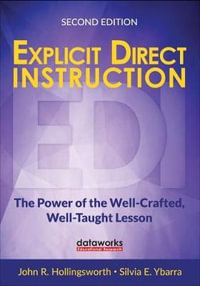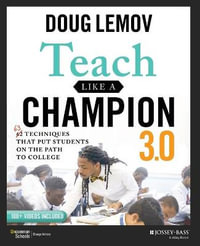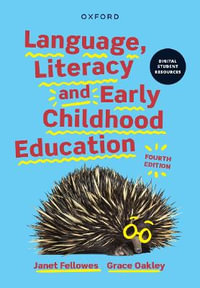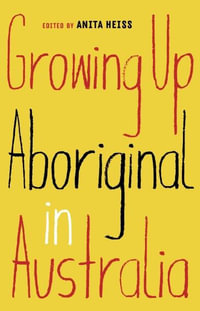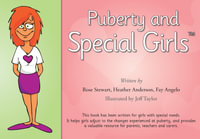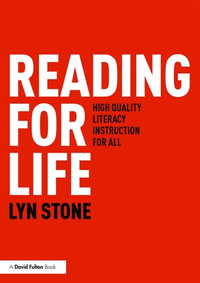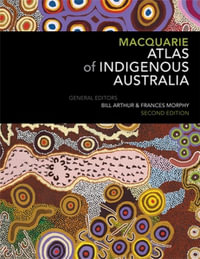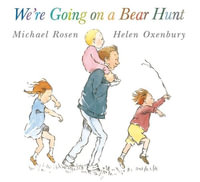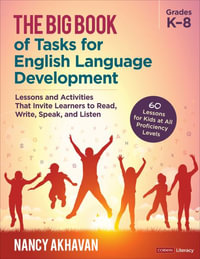'The early part of this well researched book addresses the complex issues around the many forms of violence perpetrated in and by schools. This must be understood if we want to achieve real culture change.
A restorative approach to problem-solving assumes that there is something to restore to. This is addressed thoroughly through promoting an understanding of and differences between peace-building, peace-keeping and peace-making.
From the perspective of a restorative practitioner and trainer, I think it is a must read for schools who are serious about culture change and who believe in a relational approach to school life in general.' - Margaret Thorsborne, Restorative pioneer, practitioner, author and trainer
'Positive Peace in Schools takes up the challenge of engaging with the concepts and practices for peace education in the 21st century. Beautifully written, this book invites facilitators to comprehend that peace education is not only a subject, but a way of relating to students, colleagues and staff, moving beyond 'doing peace education' towards 'being peace educators' in the classroom and beyond. The iPEACE Model is of great help to translate the keywords of inclusion, humility and solidarity into working concepts in learning environments. I admire the clarity and depth with which Cremin and Bevington take readers from the surface to the epicenter of conflict transformation in an elicitive and safe way. This valuable and stimulating book is a must-read for anyone wanting to engage with current debates on peace education and those committed to embodying it in a holistic way.' - Josefina Echavarria Alvarez, MA Program in Peace Studies. University of Innsbruck, Austria.
'Positive Peace in Schools is a rich resource for building inclusive, dynamic, sustainable peace in ordinary school communities. Its specific examples and guidelines for creating inclusive relationships, skills, and practices for handling issues and welcoming difference are well-grounded in scholarship and experience, organized through a clear, persuasive conceptual framework. The central idea-educating through positive peace-is critically idealistic, yet down-to-earth, justice-minded and demonstrably doable. Highlights include multi-faceted learning activities and the cases of five schools that have successfully implemented such cultural changes, equipping educators and students alike to make a better world.' - Kathy Bickmore, Professor, Ontario Institute for Studies in Education, University of Toronto, Canada
'The early part of this well researched book addresses the complex issues around the many forms of violence perpetrated in and by schools. This must be understood if we want to achieve real culture change.
A restorative approach to problem-solving assumes that there is something to restore to. This is addressed thoroughly through promoting an understanding of and differences between peace-building, peace-keeping and peace-making.
From the perspective of a restorative practitioner and trainer, I think it is a must read for schools who are serious about culture change and who believe in a relational approach to school life in general.' - Margaret Thorsborne, Restorative pioneer, practitioner, author and trainer
'Positive Peace in Schools takes up the challenge of engaging with the concepts and practices for peace education in the 21st century. Beautifully written, this book invites facilitators to comprehend that peace education is not only a subject, but a way of relating to students, colleagues and staff, moving beyond 'doing peace education' towards 'being peace educators' in the classroom and beyond. The iPEACE Model is of great help to translate the keywords of inclusion, humility and solidarity into working concepts in learning environments. I admire the clarity and depth with which Cremin and Bevington take readers from the surface to the epicenter of conflict transformation in an elicitive and safe way. This valuable and stimulating book is a must-read for anyone wanting to engage with current debates on peace education and those committed to embodying it in a holistic way.' - Josefina Echavarria Alvarez, MA Program in Peace Studies. University of Innsbruck, Austria.
'Positive Peace in Schools is a rich resource for building inclusive, dynamic, sustainable peace in ordinary school communities. Its specific examples and guidelines for creating inclusive relationships, skills, and practices for handling issues and welcoming difference are well-grounded in scholarship and experience, organized through a clear, persuasive conceptual framework. The central idea-educating through positive peace-is critically idealistic, yet down-to-earth, justice-minded and demonstrably doable. Highlights include multi-faceted learning activities and the cases of five schools that have successfully implemented such cultural changes, equipping educators and students alike to make a better world.' - Kathy Bickmore, Professor, Ontario Institute for Studies in Education, University of Toronto, Canada


